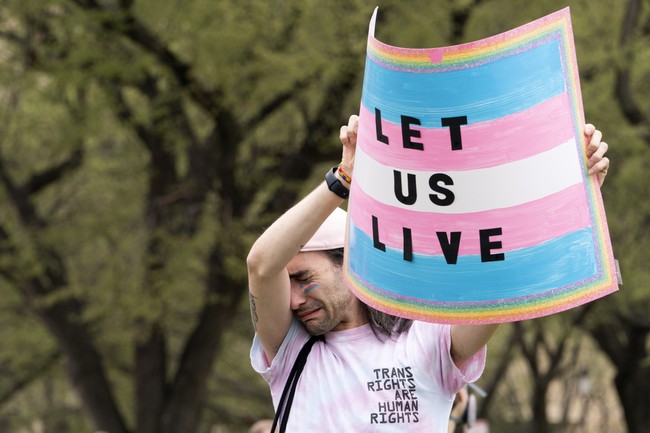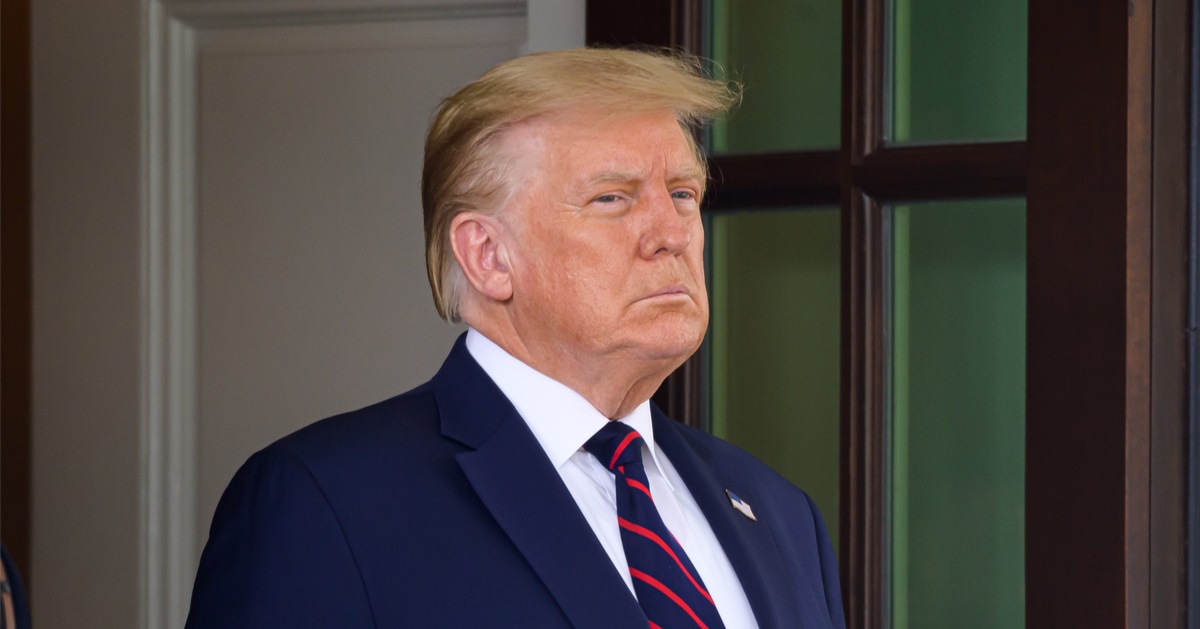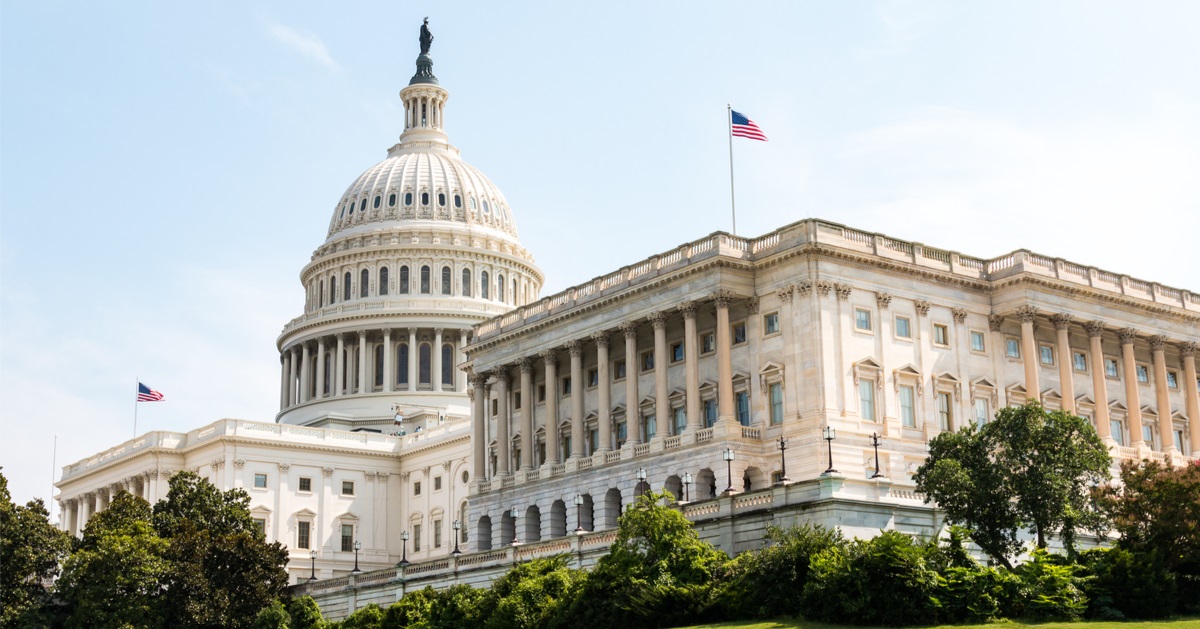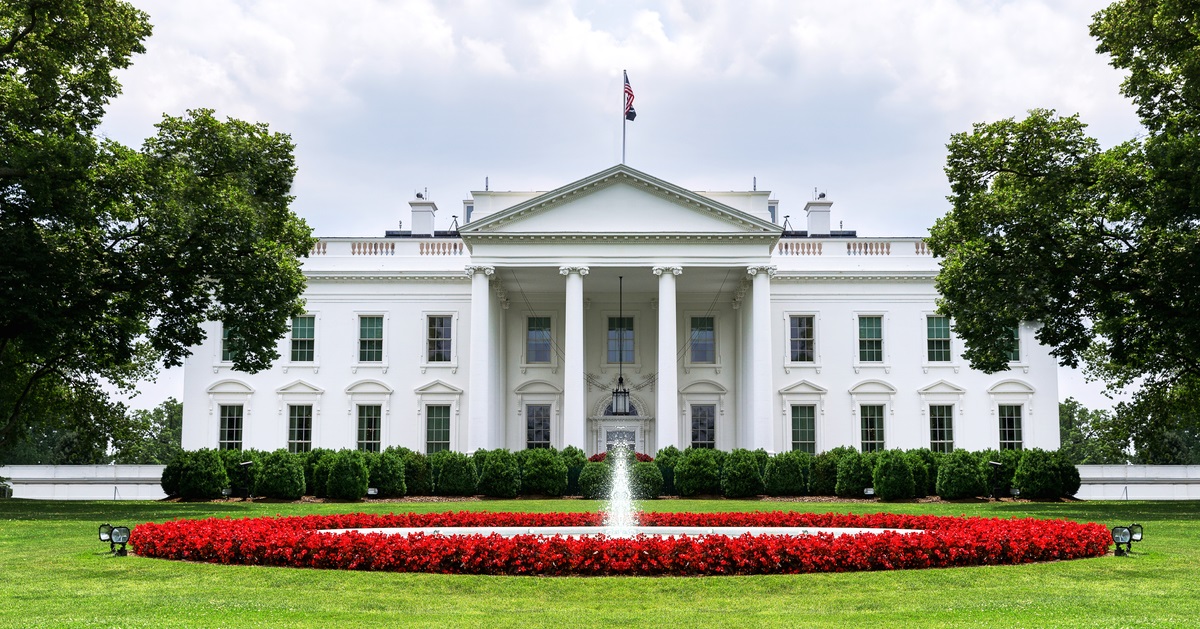One of the executive orders issued by Donald Trump when he took office set a precedent by banning the placement of biological men in women’s prisons. This decision was prompted by troubling media reports from various states, highlighting cases where biological males, identifying as transgender females, were allegedly responsible for rapes and sexual assaults in female prisons. Although national statistics on such incidents are not officially documented, the media attention has been significant.
In Washington state, the situation escalated to a shocking level. A whistleblower from the Department of Corrections expressed grave concerns, stating, “female inmates are terrified.” This situation was further complicated when the ACLU took legal action to keep certain records sealed, as they were instrumental in advocating for the transfer of transgender females into women’s prisons.
Christian Talk Podcast
Among the transferred inmates were six biological males, including one particularly notorious individual. “He is a proven sexual predator, having committed multiple crimes against women,” the whistleblower noted, adding that the decision to house him in the female facility, particularly in the mental health unit, was deeply troubling.
California presents an even more alarming example. According to Reason.com, Tremaine Carroll allegedly committed multiple rapes while housed at the Central California Women’s Facility in Chowchilla. Carroll was able to secure placement there by self-identifying as transgender, under the Transgender Respect, Agency, and Dignity Act effective from January 2021. The law allows inmates to be placed in facilities that align with the gender they identify as, without requiring hormone treatment, surgery, or psychological evaluation. The government accepts their testimony as sufficient.
Sally Moreno, the Madera County District Attorney, shared shocking details with a local ABC affiliate. After Carroll’s first cellmate became pregnant and was transferred to Los Angeles, two other cellmates accused him of rape. One alleged that Carroll attacked her in the shower. “This is a particular issue in this case because it’s confusing to the jury,” Moreno explained, emphasizing that, “In California, rape is a crime that has to be accomplished by a man.” The trial judge even instructed Carroll’s victims to use his preferred pronouns.
Billy Binion from Reason highlighted a paradox, noting that California’s efforts to comply with federal law aimed at eradicating prison rape might have inadvertently encouraged it. Trump’s executive order faces challenges on multiple fronts, with legal experts anticipating court battles. The New York Times reported that federal courts have ruled prison systems must protect vulnerable prisoners. Some courts have also mandated that prisons provide medical care, including hormone therapies, to those diagnosed with gender dysphoria.
In a notable case from 2022, a federal district judge in Illinois ordered gender-transition surgery for a transgender inmate, citing that denying the procedure likely violated the Eighth Amendment. This ruling underscores the legal complexities surrounding the issue.
The decision to place a biological male with a history of sex crimes in a female prison raises critical questions about safety and ideology. It reflects the extreme stance of some transgender advocates who prioritize their beliefs over the well-being of individuals.
This ongoing debate highlights the need for a balanced approach that respects individual identities while ensuring the safety of all inmates. It is a contentious issue that requires careful consideration and a commitment to protecting the most vulnerable members of society.
In the broader context of prison reform, these cases underline the importance of developing policies that are both inclusive and protective. As legal battles unfold, the focus should remain on ensuring that justice is served fairly and that the rights and safety of all individuals are upheld.
The challenge lies in finding solutions that honor the dignity of transgender individuals while not compromising the safety of others. It is a delicate balance that demands thoughtful deliberation and responsible policymaking.
The complexity of this issue cannot be overstated. It involves navigating legal, ethical, and social dimensions, all while keeping human rights at the forefront. As the conversation continues, it is crucial to engage with empathy and understanding, recognizing the diverse perspectives involved.
These developments call for a reassessment of current policies and a commitment to creating environments that are safe and just for everyone. The path forward will require collaboration and a willingness to address difficult questions.
In the end, the goal should be to foster a society where every individual feels respected and protected. This aspiration must guide our actions and inform the policies we create. The ongoing dialogue is a testament to the complexity of the issue and the need for thoughtful solutions.
As debates rage on, it is essential to stay informed and engaged, ensuring that the voices of all affected individuals are heard. The future of prison reform depends on our collective ability to address these challenges with sensitivity and resolve.



